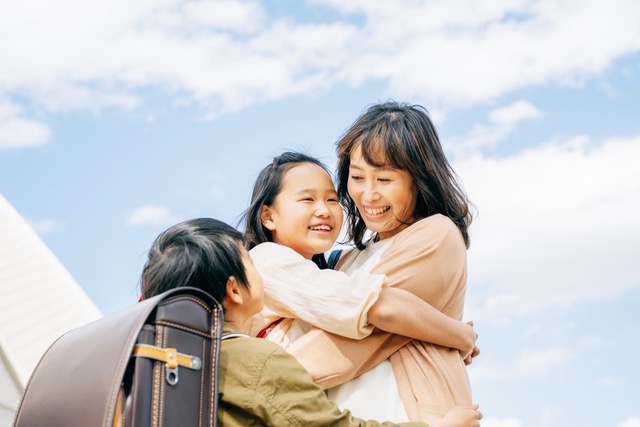
- ARAB NEWS
- 12 Jul 2025

TOKYO: While Japan’s image in the West is one of wealth and modernity, the truth is there is still a lot of poverty in the country, particularly single-parent families.
“The Ones Left Behind,” a new film by Australian filmmaker Rionne McAvoy, highlights the struggles of single mothers as they try to balance work with family life.
Keiko, a single mother, works two part-time jobs but still struggles to support her two children. “It is a relief my kids have lunch in their schools; I can`t afford to provide three meals a day,” she said in an interview. Keiko divorced eight years ago to escape domestic violence. “I am now paid by the hour and when I am sick, I get nothing,” she says.
Keiko represents Japan`s growing working poor. Official data identifies 20 million poor in the world`s third richest country. One in seven children live in poverty, most notably in single-mother families. This is the highest among OECD countries. Support groups report that 79 percent of mothers cut back on their own food to feed their children.
Households in poverty are defined as earning an income less than the nation`s median. Data implies the average income earned by single mothers with one child is 1.75 million yen ($12,250), way below the average household income of 4.4 million yen ($31,000). Keiko, for instance, starts work at 8 am and leaves at 7.30 pm. On Sundays, she also has a six-hour shift in a supermarket. Her monthly salary is 180,000 yen ($1,260),out which two-thirds is spent on rent, utilities, and transport.
Child poverty is becoming so urgent that “Kodomo Shokudo,” or Children’s Kitchens, supported by public and private funds are starting across Japan. These offer free meals and a place for children to stay after school while waiting for mothers to pick them up after work, often late in the evening.
“While there is public assistance for single mother families, the practice of taxing this limited income is not fair,” says Professor KATO Akihiko, a researcher on poverty at Meiji University. He points out that while fathers are often ordered to pay child support, Japan lacks a legal enforcement system to force fathers to pay up.
One of the biggest obstacles facing single mothers is the gender wage gap. The Ministry of Health, Labor and Welfare reported in 2021 that almost 80 percent of men had full-time jobs compared to 47 percent for women. Keiko`s plea for full-time status was declined by her company because of her single-mother status.
Kato points to the embarrassing irony in Japan, which is currently taking steps to reverse declining birth rates, while it fails to support those who already have children. Prime Minister KISHIDA Fumio’s government has expanded health insurance for fertility treatment and added extra financial assistance for households with more than two children, none of which will help those parents who already need assistance.